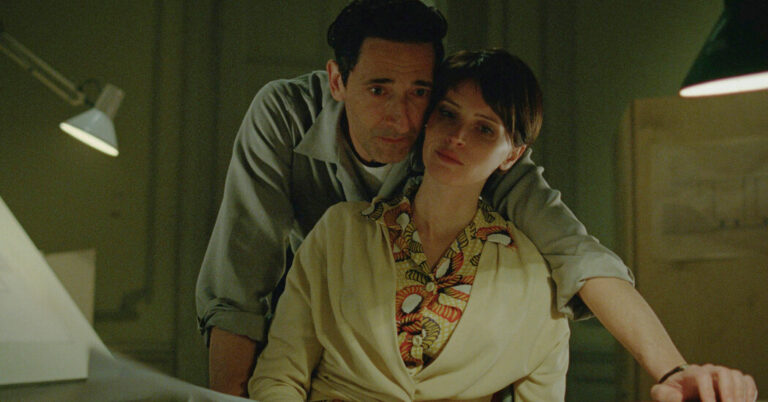Here is the plain text result:
Instead of finishing his masterpiece “Khovanshchina,” Modest Mussorgsky is drunk in a ditch. His friend Nikolai Rimsky-Korsakov urges him to compose, using a walking stick to tickle him awake. But Mussorgsky would rather stay in the ditch, drunk.
That’s fiction: a scene from “Moscow-Petushki,” a 1969 satire by the Soviet writer Venedikt Yerofeyev. But, said the composer, musicologist and author Gerard McBurney, who completed a new version of “Khovanshchina” that premieres at the Salzburg Easter Festival on Saturday, the moment shows the mythic place of the unfinished opera in Russian history.
In real life, Mussorgsky “embarked on this monstrous piece which was supposed to sum up the whole disaster of Russian history from beginning to end,” McBurney added. “And he couldn’t finish it.”
McBurney has created a new, completed “Khovanshchina,” and he joins a long line of composers and musicologists who did the same. Mussorgsky died in 1881, leaving key scenes in the final act unfinished. Rimsky-Korsakov made the first performance edition of the opera (which Mussorgsky preferred to call a “musical folk drama”), and it premiered at the Mariinsky Theater in 1886. In 1913, Sergei Diaghilev enlisted Stravinsky (and possibly Ravel) to prepare another version for performance in Paris, and Shostakovich reorchestrated the score for a 1959 film.
McBurney called his contribution to the palimpsest of “Khovanshchina” a bridge, built from melodic sketches, between Mussorgsky’s music and the Stravinsky finale. Last year, the Finnish Radio Symphony Orchestra, under Esa-Pekka Salonen, performed a concert version of McBurney’s completion. On Saturday, it will be staged in Salzburg, with the same conductor and orchestra, and directed by McBurney’s brother, Simon. A co-production with the Metropolitan Opera, it will travel to New York in the future.
A recent rehearsal of “Khovanshchina” in Salzburg showed the work coming together with a striking, contemporary vision. The piece concerns political intrigue in 1682, but this production features a blunt, vernacular new translation of the libretto; a staging of skin-crawling immediacy; and a fierce, unsentimental reading of the score.
Rather than neatly tying up loose ends, this production embraces the work’s unfinished state. McBurney’s bridge is fragmentary, sounding neither quite like Mussorgsky nor like an original piece. Hearing it, you can’t forget how much is still missing from “Khovanshchina.”
A recent rehearsal of “Khovanshchina” in Salzburg showed the work coming together with a striking, contemporary vision.
Source link




